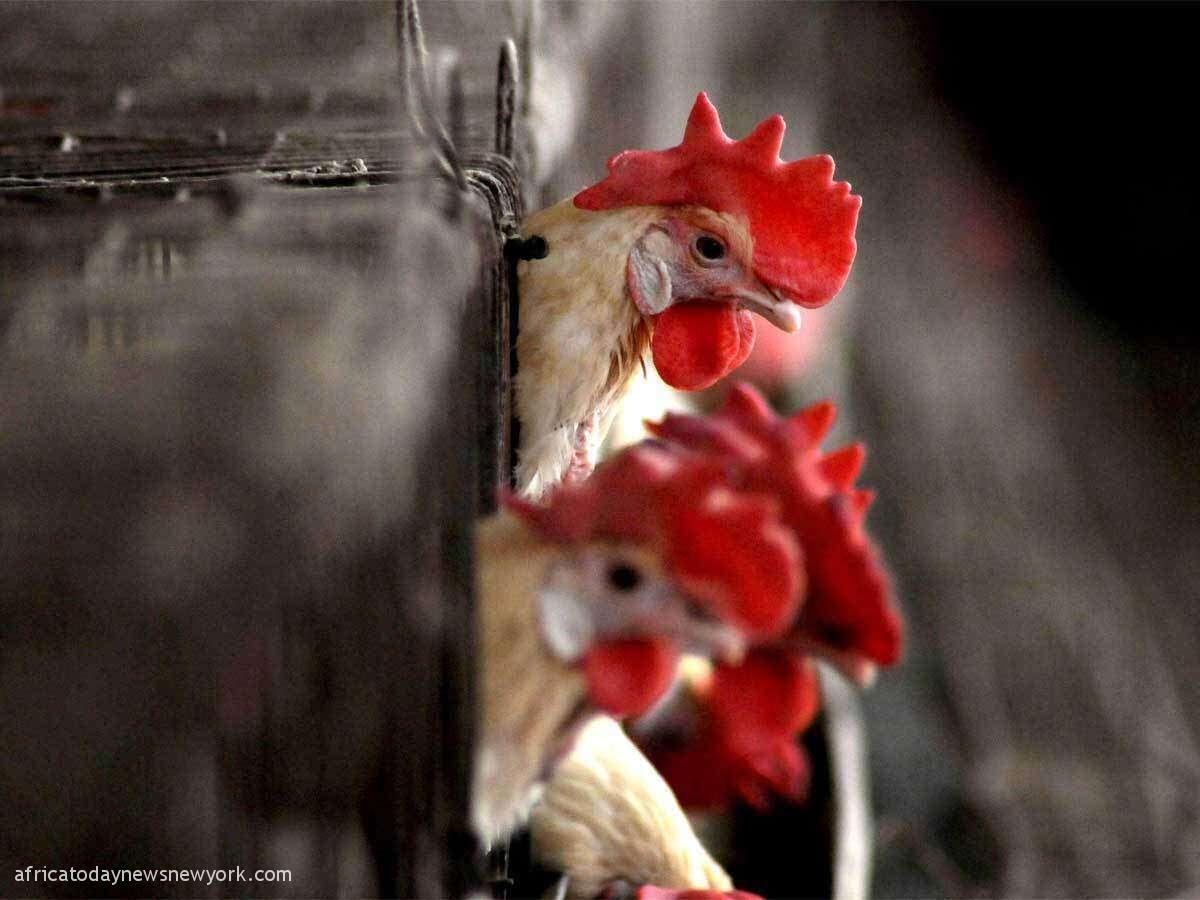Africa Today News, New York can report that the United States has confirmed that it has recorded its first known human case of H5 bird flu in a person who was diagonsed western state of Colorado.
A statement by the United States Centre for Disease Control and Prevention (CDC) mentioned that the person who tested positive for avian influenza A (H5) virus was involved in the culling of poultry presumed to have had H5N1 bird flu.
The patient had reported symptoms of fatigue for a few days as the only symptom and had since recovered. According to the CDC, the patient is being isolated and treated with the influenza antiviral drug oseltamivir.
“This case does not change the human risk assessment for the general public, which CDC considers to be low,’’ the agency said.
The CDC had been monitoring for illness among people exposed to H5N1 virus-infected birds since these outbreaks were detected in U.S. wild birds and poultry in late 2021.
Read Also: 23 Die, 260 Infected In Sokoto Stomach Flu Outbreak
The first case of H5N1 viruses was reported in Britain in December 2021.
The man has recovered after experiencing fatigue, CDPHE said. He is currently isolated and is being treated with the antiviral drug oseltamivir.
“Repeat testing on the person was negative for influenza,” Colorado officials said in the statement.
“Because the person was in close contact with infected poultry, the virus may have been in the person’s nose without causing infection.”
The CDC also said it’s possible that the detection was a result of surface contamination.
“This one H5-positive human case does not change the human health risk assessment,” the CDC said.
“CDC is taking routine preparedness and prevention measures, which includes an existing candidate vaccine virus that could be used to make vaccine for people if one were needed.”
People who are at higher risk of infection because of regular contact with infected birds should take precautions outlined on the CDC’s website.
Preventative measures include avoiding contact with poultry that appear ill or are dead and staying away from surfaces that appear to be contaminated with feces from wild or domestic birds. If handling wild birds or poultry, wear gloves and wash your hands when done.
Africa Today News, New York

